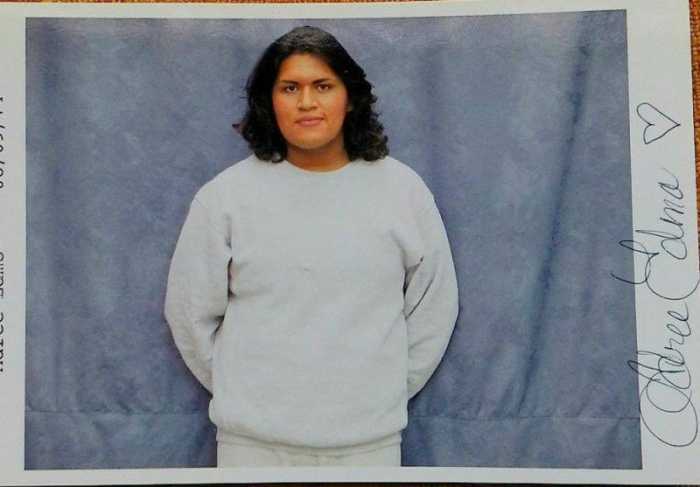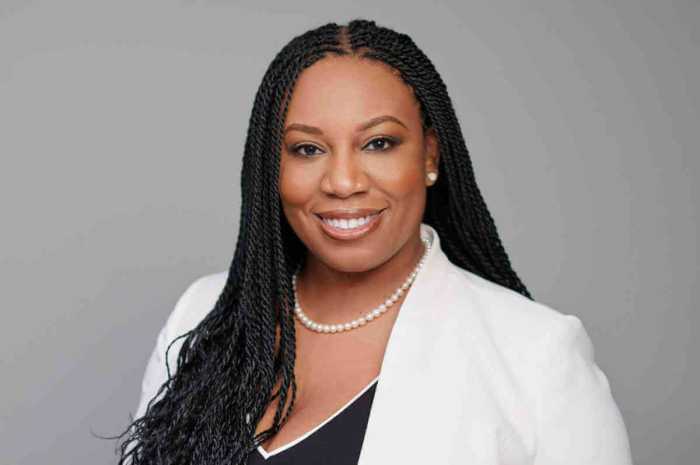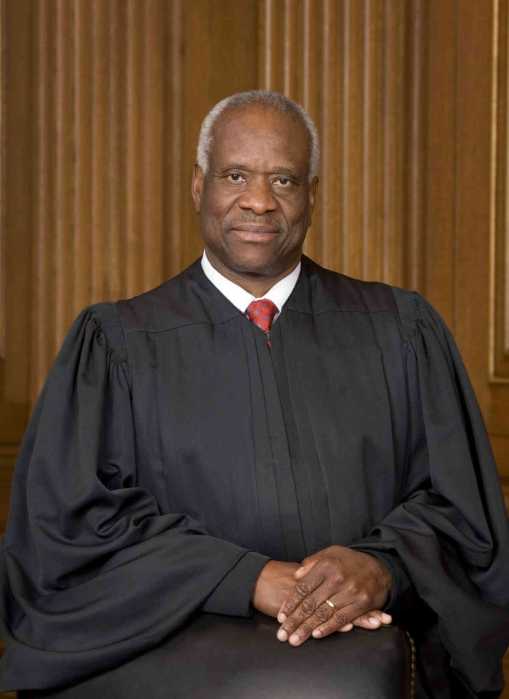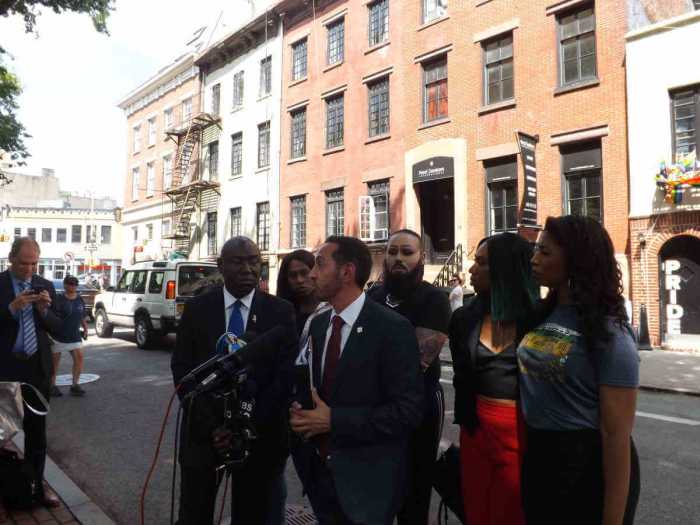Tico Almeida, who heads up Freedom to Work, was a co-author of ENDA's existing religious exemption language. | FREEDOM TO WORK
Even as the question of whether privately held business corporations can claim a religious exemption from complying with LGBT civil rights protections potentially heads to the Supreme Court –– an issue that could blow a hole in existing state and local nondiscrimination laws –– leading legal advocates continue to raise concerns about the religious exemption language in the current draft of the Employment Non-Discrimination Act.
ENDA cleared a Senate committee with three Republican supporters this summer and a vote in the full Senate could come this fall.
As Gay City News reported in May, a group of legal advocacy groups — including the American Civil Liberties Union, Lambda Legal, the National Center for Lesbian Rights, and the Transgender Law Center — issued a statement warning that the religious exemption language, first incorporated in ENDA in 2007, provides religiously affiliated groups, including hospitals and universities, with considerably more leeway to discriminate than is customary in civil rights legislation.
At a September 12 forum on ENDA at New York Law School, Tico Almeida, a gay activist who authored the religious exemption language while a co-counsel on the House Education and Labor Committee, argued the language was a “cut and paste” from Title VII provisions of the 1964 Civil Rights Act. Still, he conceded that Catholic Charities, a large nationwide non-profit that is a major social service provider and employer in many cities, would be exempt from ENDA’s provisions.
In most LGBT nondiscrimination legislations across the country, religious organizations directly related to faith and worship activities are free to apply a religious test for employment. Organizations such as hospitals, however, which act as public accommodations serving the population at large, typically cannot claim a religious exemption except for faith-related activities.
Another panelist at the September 12 forum, Evan Wolfson, an attorney who founded and heads Freedom to Marry, expressed “grave concerns” about the ENDA language, saying it amounted to “a license to discriminate.” He said that “firing the janitor” has never before been an option under civil rights law.
Wolfson told Almeida –– who heads Freedom to Work, a key group pushing for ENDA as well as a presidential executive order establishing nondiscrimination policies for contractors doing business with the federal government –– that enactment of ENDA with the current exemption language could undermine other nondiscrimination laws nationwide.
Almeida argued that an executive order from President Barack Obama –– which he termed one of the administration’s “unfulfilled promises” –– would make clear that no beneficiary of federal funding, including hospitals and universities, could claim a religious exemption from LGBT job protections.
The existing exemption, he said, cleared up the “sloppiness” of earlier language in ENDA and was crucial to winning Republican support. It was adopted as a floor amendment, in a 402-25 vote, when the House approved ENDA in 2007 –– the only successful vote on the measure in Congress. “All our progressive champions,” Almeida said, supported the new language. He challenged those groups that oppose the language to come forward with their own proposal, something he said they failed to do during the Senate committee’s hearings this summer.
Ian S. Thompson, a legislative representative at the ACLU who took a lead role in issuing the spring statement on the exemption, told Gay City News that he views the bill’s current language as “sweeping” and “unprecedented.” Allowing hospitals and universities to claim such exemptions, he said, is “far afield” of any legitimate or customary practice.
“Compromises get built in over time,” Thompson said of the House’s approval of the language in 2007. “The nation has moved beyond” concerns over unintended consequences of nondiscrimination protections. “Fairness in hiring is a no brainer,” he said.
Still, groups such as the ACLU and Lambda are not pressing to change the language now, potentially on the eve of Senate action. “The next best opportunity is when sponsors come together in 2015,” Thompson said, acknowledging that House approval of ENDA is not in the cards under Republican John Boehner’s leadership.
He said he was not concerned that approving the bill with the existing exemption would imperil the chance to change it in the next session of Congress. “We can win the vote this year and improve it later,” Thompson said.



































